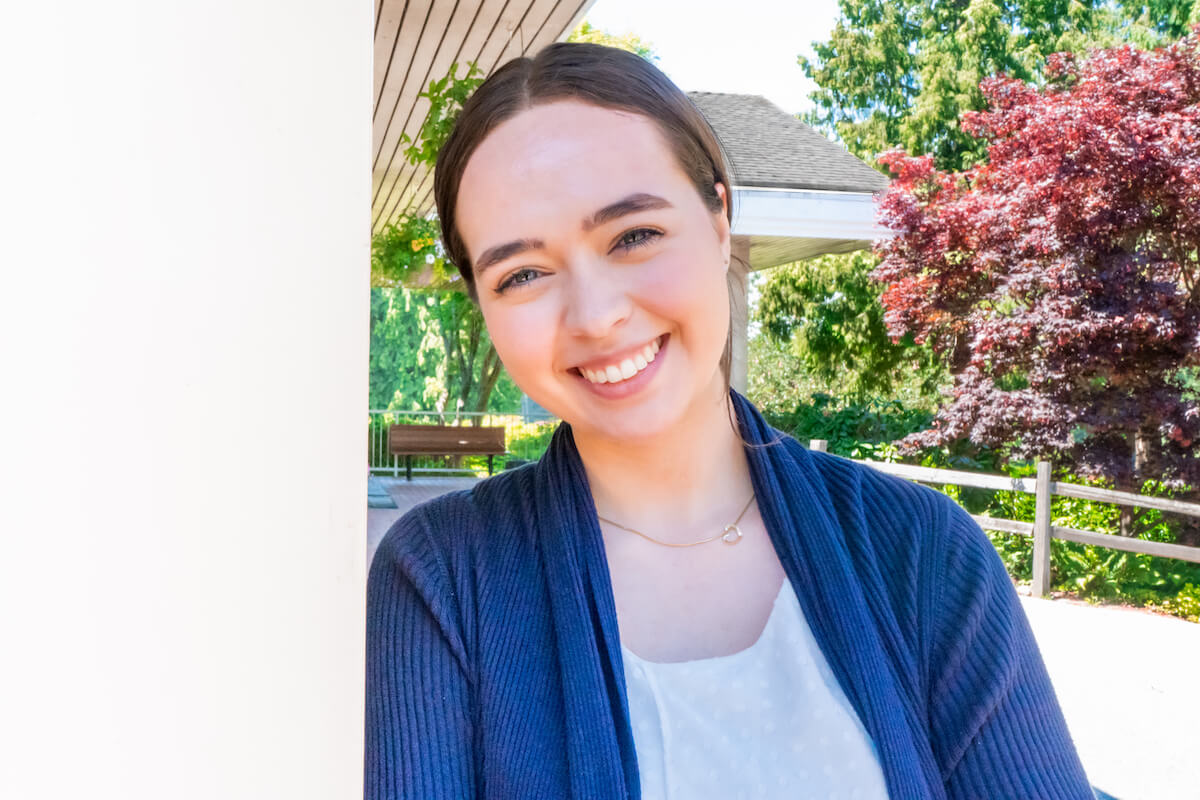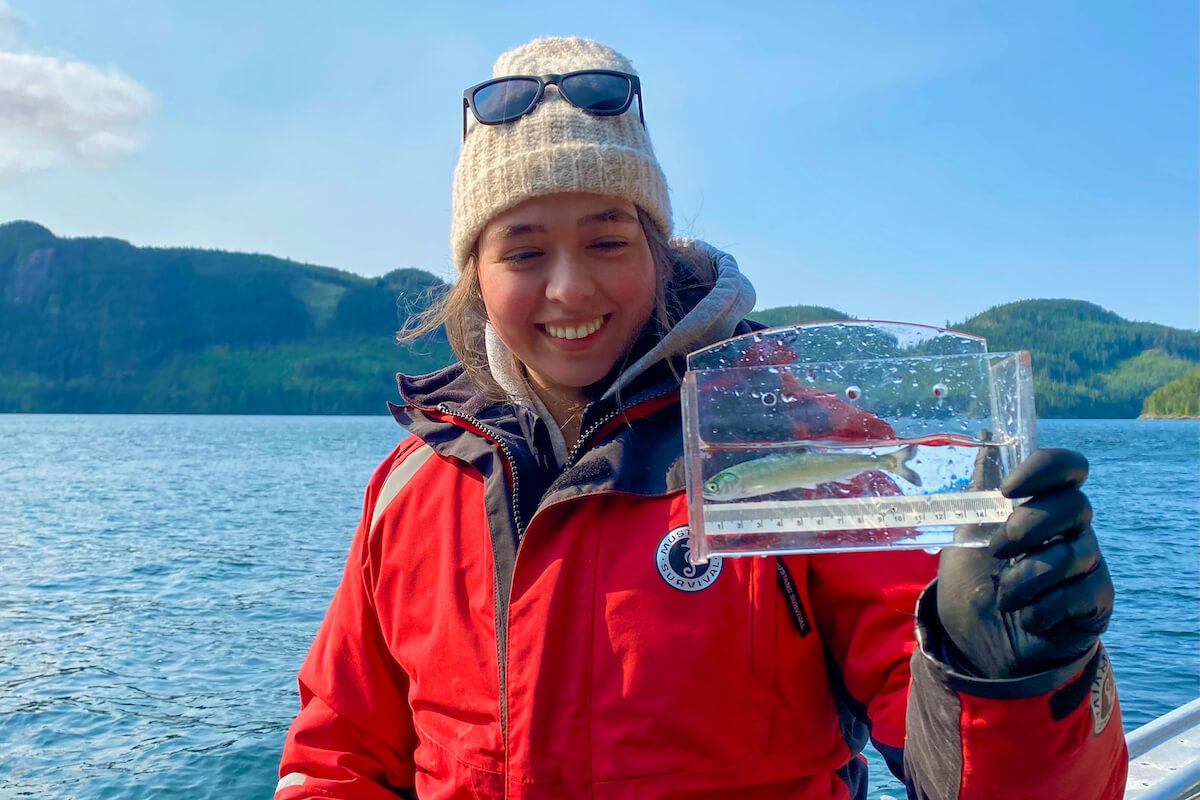
Anita Rodrigues, a biochemistry major at the University of British Columbia (UBC), knows she has First Nations blood on her father’s side. It can be traced back to the Squamish Nation (Sḵwx̱wú7mesh Úxwumixw), which her grandmother was a part of. Her great-grandfather was a residential-school escapee.
Anita got the name Rodrigues passed down to her from Chilean settlers who married into First Nations communities during the Fur Trade. Her mother’s ancestors were Ukrainian and Polish immigrants who arrived in Canada in the late 1890’s and early 1900’s.
Anita is also one of the first members of her family to attend university. It was an opportunity greatly helped by the Honouring the Truth, Centennial Scholars Major Entrance Award for Aboriginal Students at UBC (and a few other smaller ones).
The Centennial scholarship grants $5,000 to first-year recipients, which can be renewed for an additional three years, or until they finish their undergraduate studies. That basically covers tuition for four years. It was a program funded by Barj Dhahan (founder of Canada India Education Society), Liaquat Ali Khan as well as other alumni and parents of alumni.
“My parents were very supportive, but hesitant to let me take on debt to attend university,” she explains. “That’s why I applied for so many scholarships, to ease the financial worries. ”
She says she applied for many scholarships. For some of the ones targeted at Indigenous students, there was one problem: she couldn’t prove her Indigeneity.
Anita didn’t grow up on a reserve, and never officially belonged to a band. If she had, she could get a sponsorship letter as ‘proof.’
Her family registered her as an Indigenous student in elementary and high school, but she’s not eligible for a status card with the Canadian government – the latter of which would also have been ‘proof.’
Her teacher tried to write reference letters, stating that she was, indeed, an Indigenous-registered student. But it wasn’t enough.
Things were different with the UBC Centennial Scholarship program; applicants only need to self-declare they are Indigenous.
“I think scholarships are definitely important. They bridge that gap between people whose families have more funds to send their children to post-secondary schools,” she says.
Entering university with a scholarship recognizing her heritage also gave Anita confidence in her Indigenous identity – a self-exploration process that began in high school. For years, she felt like she didn’t belong in Indigenous circles, because of her fair skin and ambiguous, mixed background.
“I’ve always been proud of my ancestry, but I love sharing about it now,” she says.
Through the Surrey School District, Anita and her family were invited to pow-wows and cultural gatherings, which she says she enjoyed. While in high school, she also tutored younger Indigenous students, helping them with math, science, reading and writing.
Anita also participated in the Verna J. Kirkness Education Foundation Program in grades 10 and 11. The program awarded her a scholarship to study science with a researcher at UBC for one week of each year. She says those experiences are what got her interested in pursuing a biochemistry degree.
After her first study week at UBC, she encouraged other Indigenous students to participate in the program.
“A lot of them went, and they loved it. Even if they didn’t want to go into science, I know a lot of them considered applying for universities… So seeing that is really rewarding,” she says.

As for Anita, she’s more than half-way done her bachelor’s degree, and hopes to become a science researcher. She’s currently working on an Undergraduate Student Research Award (USRA) through the Natural Sciences and Engineering Research Council of Canada (NSERC). The project has her working on jellyfish development in an ocean science lab at UBC.
Her advice for other university-aspirers is to find a good mentor who can help navigate the world of scholarships and bursaries, and to apply for as many as possible. She herself relied on Indigenous support workers at her school and family members.
“Having a good support system is really important,” she says.
She also recommends volunteering in your community in areas you’re really passionate about.
“It goes a long way, even just for building yourself and finding out what you want to do as well,” she explains.